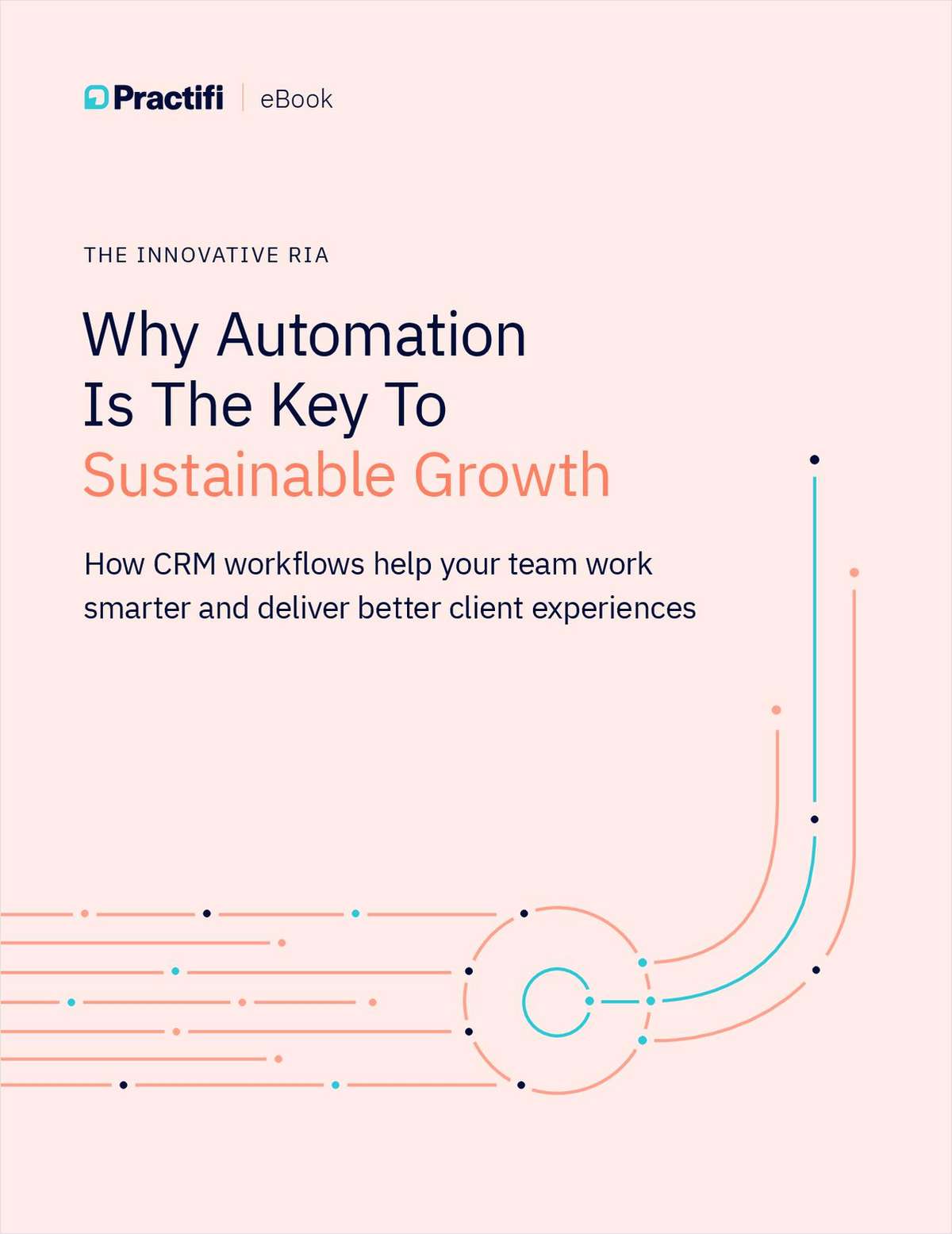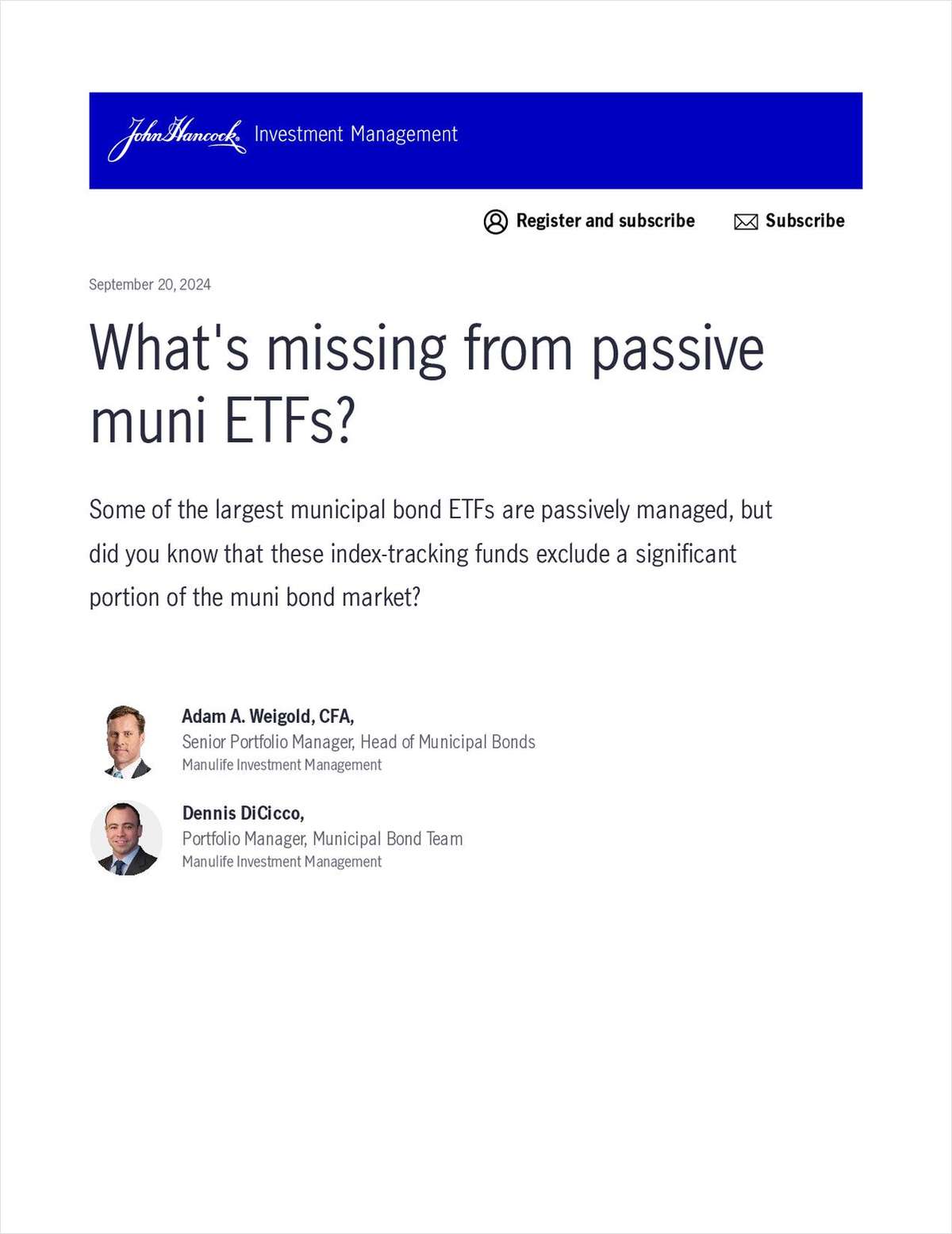
Evidence is mounting to suggest that Generation X, comprising Americans ages 44 to 59, is falling behind in retirement planning.
In fact, according to Schroders’ 2024 U.S. Retirement Survey, just 14% of Americans between 44 and 59 believe that they have saved enough money for retirement. At the same time, nearly half of all Gen Xers say they have not done any retirement planning.
Such findings are worrying — especially considering that the oldest Gen Xers are approaching 60, Deb Boyden, head of U.S. defined contribution at Schroders, told ThinkAdvisor.
“If planning and saving don’t become higher priorities, Gen X could become the lost-retirement generation,” Boyden warned.
Gen X, Boyden explained, is effectively the first generation to come of age with 401(k) plans rather than traditional pensions as their primary retirement savings. Yet many Gen Xers missed out on the automatic enrollment features that were not available in the early years of the 401(k).
“They also weren’t immediately invested into well-diversified default investments, and that has had an impact, too,” Boyden said. “The good news is even the oldest Gen Xers have several years left to better prepare financially before reaching their full retirement age, and the younger cohort in the generation has a lot of runway left.”
The full survey results also show baby boomers and millennials facing challenges. Both groups also face a sizable gap between what they expect to have saved and what they expect to need as a nest egg by the time they reach retirement.
“It’s important for people in all generations to assess where they stand and consider steps they can take today in order to improve their retirement outlook,” Boyden said.
A Closer Look at Gen X and Retirement
When asked how much money is needed to retire comfortably, Gen Xers say on average it will take $1.07 million. Asked how much they expect to have saved by retirement, the figure falls to just over $600,000.
The resulting gap of $466,000 is larger than the shortfall that millennials ($322,128) and baby boomers ($353,069) expect to face. Those generations anticipate needing $1.2 million and $1 million, respectively.



